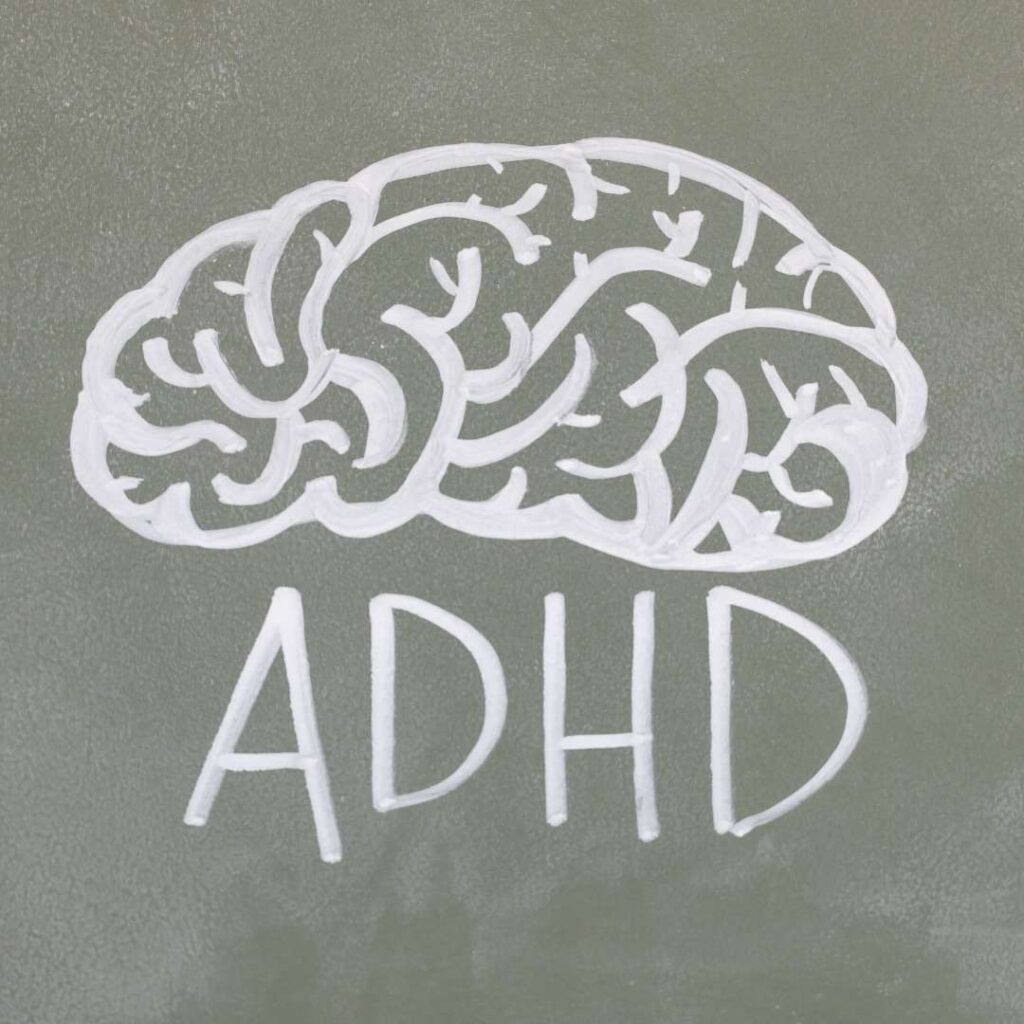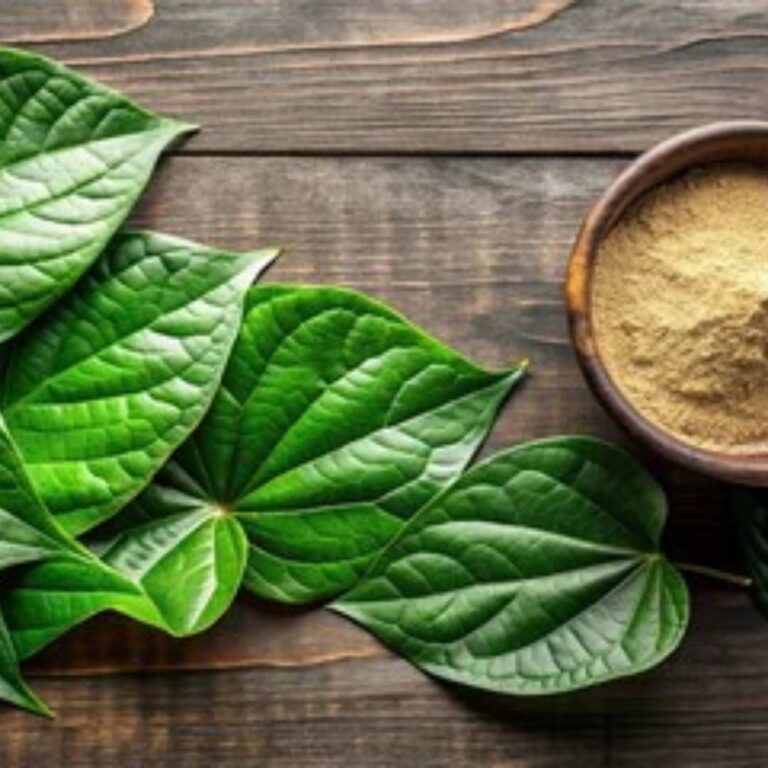Millions of people across the world experience symptoms of Attention-Deficit/Hyperactivity Disorder (ADHD) as a neurodevelopmental condition.
The neurological disorder ADHD manifests through three symptoms, including inattention and hyperactivity with impulsivity, which strongly disturbs personal interactions and daily operations.
Numerous people who have ADHD turn toward alternative therapies after stimulant medications and behavioral therapy treatments because they seek options such as natural remedies like kratom.
Research needs to confirm the effectiveness of Kratom as an ADHD treatment.
This blog post examines ADHD conditions along with kratom’s potential role and its effectiveness in treating symptoms.
What Is ADHD?
The neurological disorder called ADHD exists to affects young individuals and people in their adulthood. Doctors identify ADHD mostly during childhood; however, multiple individuals endure its symptoms throughout their adult lives. The core symptoms of ADHD include:
- Inattention: Difficulty focusing, staying organized, or completing tasks.
- Hyperactivity: Excessive restlessness or an inability to sit still.
- Impulsivity: Acting without thinking, interrupting others, or making hasty decisions.
The symptoms create diverse levels of disruption, which makes it challenging for patients to manage academic needs or work performance alongside social connections.
Research indicates ADHD develops as a result of multiple genetic and neurological together with environmental elements, although medical professionals have not yet fully grasped its precise source.
Doctors generally treat ADHD with stimulant drugs, including Adderall and Ritalin, to boost brain dopamine levels so patients improve their concentration abilities and control their impulsivity.
Both non-stimulant medication and therapy combine with lifestyle changes to form common treatments for ADHD.
Not all patients show good responses to these medical therapies since multiple people face adverse side effects. Popular interest in natural remedies arose because many people decided to explore kratom as an alternative to conventional medical options.
What is Kratom?
Thailand and Malaysia, together with Cambodia and other Southeast Asian territories, support the natural growth of the kratom evergreen shrub.
Consuming the leaves of the kratom plant (Mitragyna speciosa) can produce several mental and physical effects that help users manage life’s obligations and challenges.
Notable short-term kratom effects include:
- Improved mental focus
- Increased energy
- Heightened mood
- Pain relief
- Relaxation (sometimes to the point of euphoria)
- Less intense opioid withdrawal symptoms
The Food and Drug Administration (FDA) maintains no official support for the treatment or cure of any disease. Those who use kratom intending to treat ADHD conditions practice what the FDA classifies as personal medication.
The widely sold Kratom product exists in a powder format available through capsules or open containers. Many people prefer to consume kratom when they mix it with foods and drinks (kratom tea remains a standard preparation among original users).
So, what does kratom do to the body? Scientists are still researching its biomechanics, but we know its two primary alkaloids (mitragynine and 7-hydroxymitragynine) bind to mu-opioid receptors.
The dosage of kratom significantly affects the intensity of the sedating and relaxing bodily effects you will experience. The lower doses of kratom usually trigger mental and physical energy increases.
Scientists think the energizing properties of kratom relate to the way mitragynine binds with specific receptors of serotonin and dopamine.
Understanding the Brain Chemistry Behind ADHD
The human brain displays four major ADHD-related changes in the frontal cortex, as well as the basal ganglia and reticular activating system, along with the limbic system.
The main abnormality underlying ADHD brains originates from deficient norepinephrine levels, which produce dopamine neurotransmitters.
Dopamine and serotonin concentrations in the body directly affect how a person feels and functions. The scarcity of dopamine and serotonin neurotransmitters in the body leads to ADHD symptom development.
The pathways of norepinephrine, as well as other brain transmitters, to their target locations appear disrupted when someone has ADHD.
People with ADHD must exert more effort compared to others to achieve sufficient dopamine levels caused by these physical conditions.
Can Kratom Help with ADHD?
The association between Kratom and elevated dopamine and serotonin levels naturally prompts the query whether Kratom could serve as a treatment for ADHD.
The effects of kratom usage for treating ADHD symptoms remain inconsistent, yet thousands of people with the disorder report beneficial results.
Taking lower doses of kratom—up to five grams—is known to result in improved focus. Certain strains of Kratom are also designed to produce these cognitive boosts.
People do not necessarily care about how kratom functions with ADHD as long as its effects increase their mental clarity. Only you can decide if the benefits of Kratom are positive forces against your ADHD symptoms.
Kratom for ADHD: How Might It Help?
Limited scientific research about kratom and ADHD exists, but many people offer reports that its ability to affect mental alertness and mood regulation may be helpful for those with the condition. Here’s how kratom might help with ADHD symptoms:
1. Improved Focus and Concentration
The main clinical feature of ADHD consists of poor attention span. Many kratom users state that white and green strain varieties enhance their ability to think clearly while improving their attention span.
People taking low doses of kratom experience stimulatory components that improve their ability to focus and accomplish tasks with greater effect.
2. Enhanced Mood
Individuals who have ADHD commonly face problems with their moods that include anxiety and self-doubt. The mood-challenging effects of Kratom create a potential benefit for ADHD patients because they can handle their emotions better and stay motivated.
3. Increased Energy
When individuals experience fatigue together with low energy, their attention difficulties become more severe, along with their organizational issues.
The energizing impacts of kratom at shorter doses help people enhance their mental alertness as well as their engagement levels.
4. Reduced Anxiety
Anxiety affects numerous individuals with ADHD to the point where their symptoms become more challenging to manage. Users of red-vein kratom claim this strain produces relaxation that minimizes anxiety symptoms.
What is the Best Kratom Strain for ADHD?
Identifying the ideal kratom strain for ADHD treatment requires experimenting with different varieties of this plant. To understand which strain or vein color you might want to try, it’s worth going over the three primary strains:
- Red kratom: Manufacturers make red kratom through the use of mature kratom leaves. Red kratom contains higher alkaloids that scientists believe cause sedation and pain-relief effects.
- White kratom: The stimulant effects emerge from kratom products made from unripe leaves, which result in white kratom.
- Green Kratom: The qualities of green kratom merge the properties of the red and white versions of kratom. The usage of green kratom reportedly produces mental clarity.
Plants for ADHD: Exploring Other Natural Options
Kratom represents one of numerous natural compounds that people are currently investigating for ADHD symptoms. Here are a few other plants and herbs that have been studied for their potential benefits:
1. Ginkgo Biloba
People use the medicinal herb Ginkgo biloba as an agent to enhance their cognitive abilities. Studies imply that Kratom administration supports attention improvement and memory retention among people who have ADHD.
2. Bacopa Monnieri
Bacopa monnieri functions as Brahmi in Ayurvedic medicine because it both increases brain performance and minimizes anxiety symptoms.
3. Rhodiola Rosea
As an adaptogenic herb, Rhodiola possesses properties that help lower fatigue and improve concentration abilities, thus representing a therapeutic alternative for ADHD treatment.
4. Green Tea
L-theanine, found in green tea functions as an amino acid to create relaxation that does not induce sleepiness. Together, caffeine and this substance create a beneficial effect on attention as well as focus ability.
Side Effects Of Kratom
Kratom is associated with multiple side effects that usually happen after large doses. Common kratom side effects include:
- Sweating
- Fast heart rate
- Nausea
- Loss of appetite
- Excessive drowsiness
- Itching
- Dry mouth
Treating ADHD: A Holistic Approach
When dealing with ADHD, you need to employ various solutions to treat symptoms and solve fundamental mental health issues. Here are some strategies that may help:
1. Medication
The most reliable medication-based treatment for ADHD exists in stimulant drugs, together with non-stimulant drugs.
Discuss kratom treatment with your physician before starting its use because drug interactions need evaluation.
2. Therapy
Cognitive-behavioral therapy (CBT) teaches patients methods to handle their symptoms of ADHD.
3. Lifestyle Changes
Exercise coupled with proper nutrition and enough rest can help people improve their concentration abilities as well as lower their hyperactive tendencies.
4. Mindfulness and Meditation
Practices like mindfulness and meditation can help improve attention and reduce stress.
5. Natural Remedies
Medical experts should evaluate natural herbs such as kratom, ginkgo biloba, and bacopa monnieri before anyone decides to use them.
Conclusion
Multiple reports support the idea that kratom could serve as an ADHD treatment alternative by delivering beneficial effects on mental concentration alongside mood elevation and reduced anxiety.
The absence of scientific studies, together with possible hazards, should motivate people to exercise caution during kratom usage. You should contact your healthcare provider regarding the use before making it a part of your ADHD management strategy.
Each person dealing with ADHD should explore their treatment options since successful treatments differ from one individual to another.
The target of all treatment options is to discover methods that allow you to succeed while living to your maximum potential.
You May Also Like:





